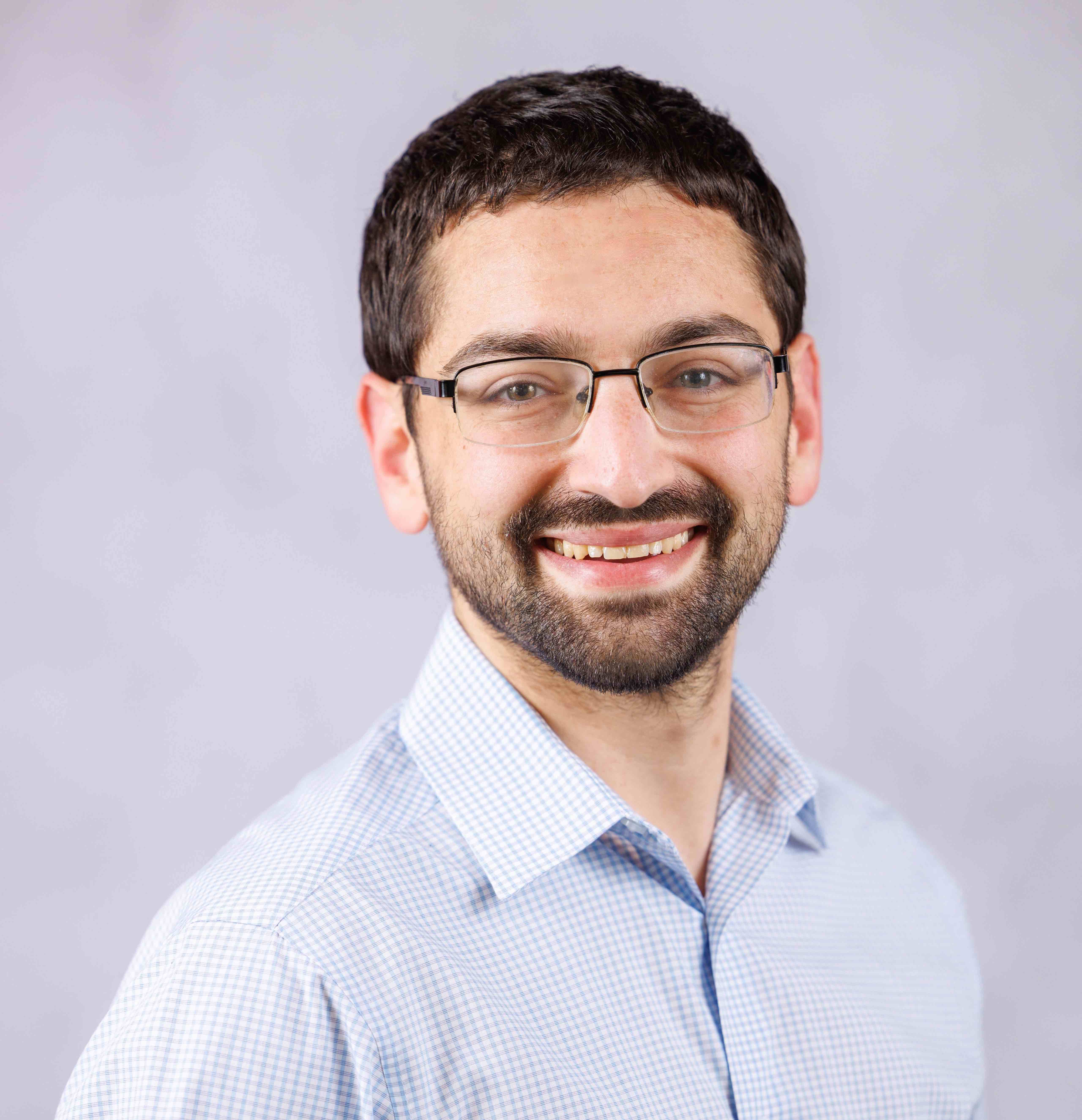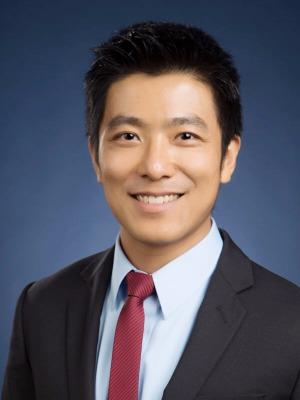Workshop on AI & Analytics for Social Good
May 2, 2025
This workshop brings together academics, thought leaders and stakeholders to discuss how analytics can support nonprofit organizations, government entities and social impact organizations in improving their reach and impact through innovative use of data and models. The overarching theme is analytics for doing good.
Speakers
 Keynote Speaker: Ramayya Krishnan
Keynote Speaker: Ramayya Krishnan
Ramayya Krishnan is the Dean of Carnegie Mellon University’s Heinz College of Information Systems and Public Policy and the W. W. Cooper and Ruth F. Cooper Professor of Management Science and Information Systems. A faculty member since 1988, Krishnan is a leading expert in digital transformation, responsible AI, and data-driven workforce development. He has founded multiple research centers, securing nearly $100 million in funding, and advises policymakers, businesses, and global organizations on technology and policy. A fellow of AAAS and INFORMS, he has served as INFORMS President and on advisory boards for state, national, and international institutions.
 Keynote Speaker: Milind Tambe
Keynote Speaker: Milind Tambe
Milind Tambe is the Gordon McKay Professor of Computer Science and director of the Center for Research on Computation and Society at Harvard University. He is also a principal scientist and director of “AI for Social Good” at Google DeepMind. His research focuses on AI-driven solutions for public health, public safety, and wildlife conservation. A fellow of AAAI and ACM, Tambe has received numerous honors, including the AAAI Award for Artificial Intelligence for the Benefit of Humanity, the IJCAI John McCarthy Award, and commendations from the U.S. Coast Guard and Federal Air Marshals Service.
Invited Speakers
 Jessica M. Clark
Jessica M. Clark
Jessica M. Clark is an assistant professor of information systems at the Robert H. Smith School of Business at the University of Maryland, College Park. She earned a Ph.D. in information systems from the NYU Stern School of Business. Her research and teaching focus on data science applications in business analytics, advertising, television, social media, and crowdfunding. Her project, “Mining Massive Fine-Grained Behavior Data to Improve Predictive Analytics,” published in Management Information Systems Quarterly, won the 2017 European Research Paper of the Year award from the Association for Information Systems.
 Swati Gupta
Swati Gupta
Swati Gupta is the Class of 1947 Career Development Associate Professor in the Operations Research and Statistics Group at MIT Sloan School of Management. Her research focuses on advancing algorithmic fairness, accountability, transparency, and explainability (FATE) while leveraging AI, machine learning, and optimization for efficient computation. Recognized with honors including the NSF CAREER Award and JP Morgan Early Career Faculty Recognition, Gupta collaborates across disciplines to address complex challenges in hiring, supply chains, healthcare, and more. She actively contributes as an editor, technical committee member, and organizer for top conferences and workshops in optimization, AI, and algorithmic fairness.
 David Holtz
David Holtz
David Holtz is an assistant professor at the Haas School of Business, specializing in the design of online marketplaces and platforms. He is part of the Management of Organizations and Entrepreneurship & Innovation groups. His research applies computational social science, field experiments, and causal inference to understand digital platforms. Holtz earned his PhD in Information Technology from MIT Sloan, an MA in Physics and Astronomy from Johns Hopkins University, and a BA in Physics from Princeton University.
 João Sedoc
João Sedoc
João Sedoc is an Assistant Professor of Technology, Operations, and Statistics at NYU Stern School of Business. His research focuses on the intersection of machine learning and natural language processing, including conversational agents, hierarchical models, and deep learning. Previously, he was an Assistant Research Professor at Johns Hopkins University and worked in quantitative finance, founding Chivalric Trading and holding roles at Millennium Management and BNP Paribas. He holds a BS in Mathematics, a BSE in Computer Science Engineering, and a PhD in Computer and Information Science from the University of Pennsylvania.
 Bradley Sturt
Bradley Sturt
Bradley Sturt is an Assistant Professor of Business Analytics at the University of Illinois Chicago’s College of Business Administration. He earned his PhD in Operations Research from MIT and a BS in Computer Engineering with highest honors from the University of Illinois at Urbana-Champaign. His research focuses on optimization under uncertainty, with applications in operations, revenue management, and the public sector, including election security, pricing, and refugee resettlement. His work has been recognized with honors such as second place in the INFORMS JFIG and George Nicholson Student Paper Competitions. Outside academia, he is a co-founder of BallotIQ, an election administration startup.
 Andrew Wu
Andrew Wu
Andrew Wu is an Associate Professor of Technology and Operations at the Ross School of Business at the University of Michigan. His research explores the intersection of technology, finance, and operations management. He leverages natural language processing (NLP) and text analytics to study emerging and classic operations management challenges, including fintech and edtech marketplaces, supply chain risks, and the societal impact of financial decisions. He also co-teaches the Fintech Innovations online specialization with Bob Dittmar on Coursera and FutureLearn, one of the largest fintech MOOCs with over 100,000 learners. Wu holds a Ph.D. in Finance from The Wharton School, University of Pennsylvania, and a B.A. in Mathematics and Economics from Yale University.
Organizing Committee
- Hamsa Bastani, Wharton University, hamsab@wharton.
upenn.edu - Margret Vilborg Bjarnadottir (Co-Chair), mbjarnad@umd.edu
- Jui Ramaprasad (Co-Chair), jramapra@umd.edu
- Jessica Clark, jmclark@umd.edu
- John Silberholz, josilber@umd.edu
Important Dates
- Abstract deadline: February 14, 2025
- Notification of Acceptance: March 4, 2025
- Conference Date: May 2, 2025
Recommended Hotel
Submission Instructions
We invite scholars at universities and other research institutions working on analytics (broadly defined) for good as well as policymakers who frame their policies using business analytics. We are agnostic about the topic of research provided it fits into the workshop theme. We particularly encourage young scholars, junior faculty and PhD students to submit papers.
Submission Requirements: Please submit a 3-page extended abstract (page limit excludes references). In the submission, please include the title of the paper and the names and email addresses of all of the authors, and highlight the research questions/goals, novelty, methodological approach, main results, and impact or potential for impact.
Abstracts should be submitted by email to socialimpactanalytics@umd.edu.
Decisions will be released on March 4, 2025.